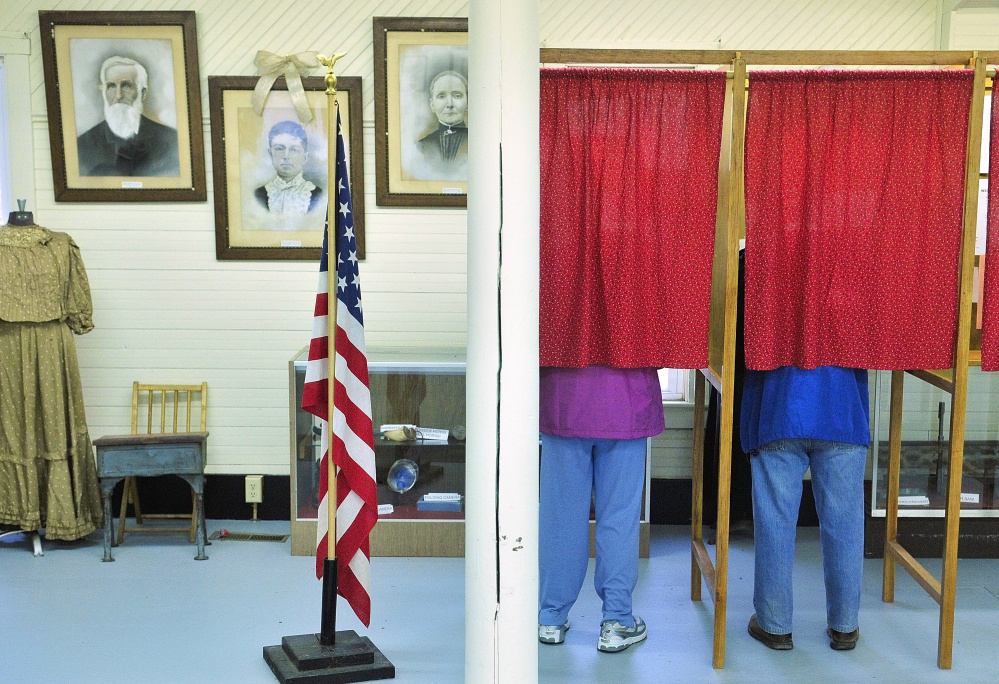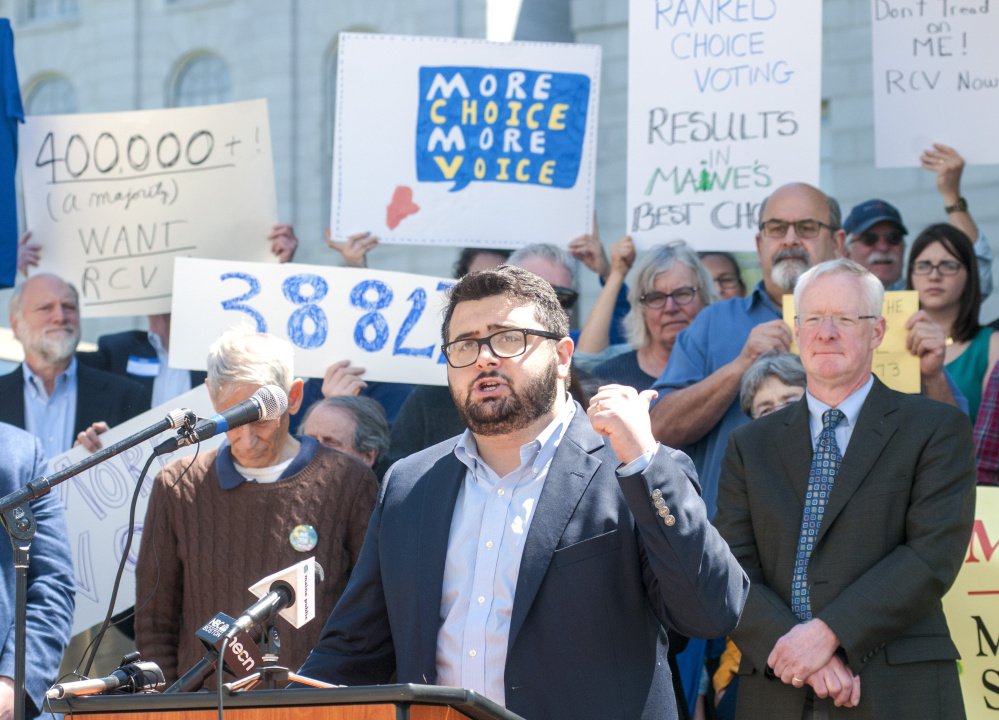At last count, there are seven declared candidates vying for the Democratic nomination for governor in the primary next June (I happen to be one of them). On the Republican side, there are three. For the Greens, there are two. There are a couple of independents as well. More may be announcing in the next several months.
Some observers regret these numbers. I do not. It is a sign of the strength of our democracy, and the passion of people to fix our broken politics.
The days of party insiders anointing candidates are over. Thank goodness. We need new ideas, new energy, new candidates, and vigorous primaries if we’re going to find our way to a better future.
But there is one problem with multiple candidates, and it must be squarely faced. In the current winner-take-all system, a candidate of a passionate minority can win, even though the majority of voters are opposed to that person.
This is how Gov. Paul LePage got elected seven years ago.
Maine voters created a solution to this problem last November when they voted in overwhelming numbers to adopt a ranked-choice voting procedure. Ranked-choice voting allows voters to choose alternates in case their first choice doesn’t win with a majority of the votes. Ranked choice ensures that the winning candidate has the support of the majority of Maine people.
The Maine Supreme Court ruled last year that ranked choice voting could only be used in primaries and in general elections for federal offices (Congress).
Voters must pass a constitutional amendment for it to be used in general elections for state offices.
Last spring, the governor and Legislature seemed intent to block every referendum that the voters had passed in 2016, and ranked-choice voting was no exception.
Many legislators voted to repeal the ranked-choice voting law. Their efforts failed, and the matter will be re-considered in a special legislative session this fall.
Rep. Kent Ackley, a independent from Monmouth, is sponsoring L.D. 1647, an act that will allow ranked-choice voting procedures to be implemented in the primaries next June, and in elections for federal offices; and will delay implementation of ranked-choice voting in state general elections until such time that a constitutional amendment is passed.
With so much going on in international and national politics, it would be easy to overlook the fall special session of the Maine Legislature.
But I urge the readers of this newspaper to be vigilant, and to let their legislators know that they support L.D. 1647 and want ranked-choice voting to be implemented in 2018.
Implementation will take concerted planning by the secretary of state and local election officials, but it can be done quickly.
The model for municipal elections has already been tested and proven in the city of Portland on machines that are already widely in use in Maine. The secretary of state needs to adopt secure procedures to collect municipal ballots and make the calculations; but the calculations themselves are not complicated, and can be done on a simple Excel spreadsheet.
Once the L.D. 1647 is passed, voters all over the state will experience something new in Maine elections next spring.
Instead of thinking like a poker player trying to calculate the odds of one candidate winning and blocking another, the voter can just focus on one simple question: who would be the best governor for Maine? And the second best? And the third best? And so on.
This will elevate the debates and issue discussions next spring. It will penalize politicians who engage in negative ads and mudslinging. It will focus the mind of the voter on what really matters.
Ranked-choice voting is one step towards fixing our broken politics. Getting money out of politics is another (which is why I am running as a Clean Elections candidate).
There is also more we can do to make legislative proceedings easier for the public to participate in, and to make legislative office more available to working people.
Ranked-choice voting is a very important step, and its fate will be decided in the next few weeks in Augusta. Let your legislators know that you support L.D. 1647, and make sure your vote counts.
Betsy Sweet, of Manchester, is a declared candidate in the 2018 Democratic primary race for governor.
Send questions/comments to the editors.




Comments are no longer available on this story